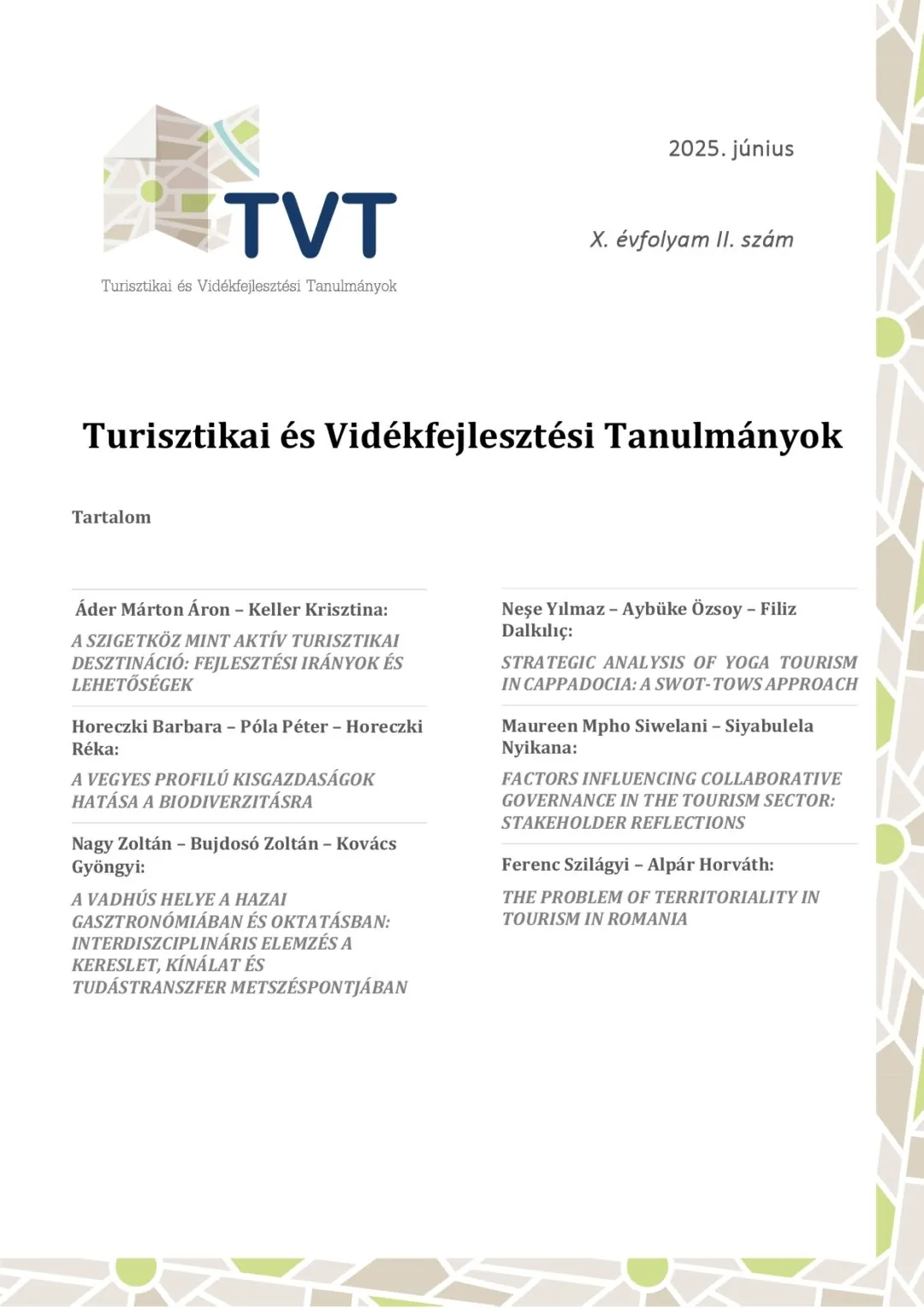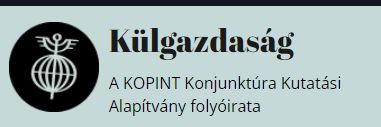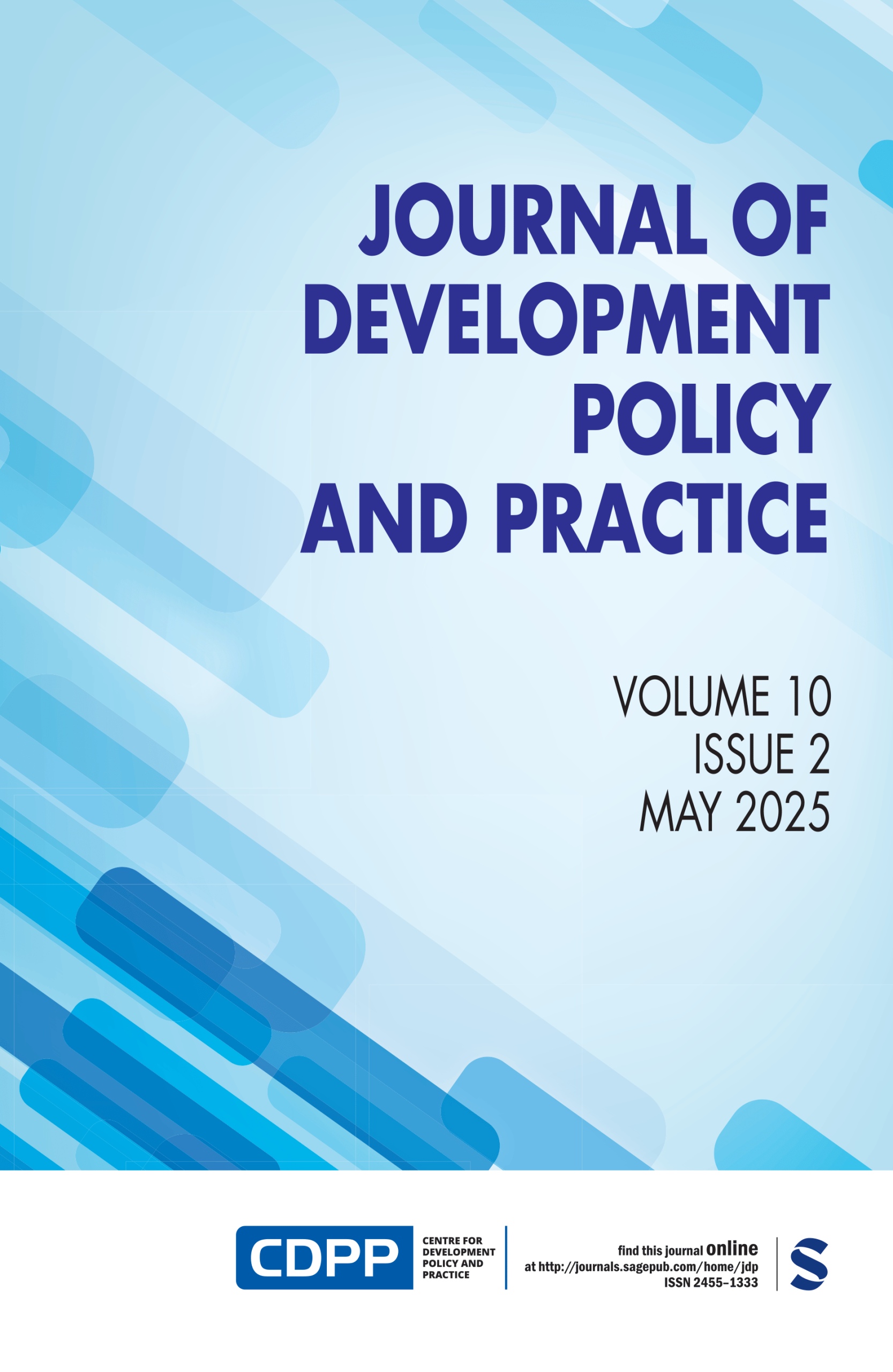Az előadásra hibrid formában kerül sor zoom felületen, illetve személyesen a K11.12. terem 2024.04.18-án, 13.00 órától.
Előadó: Czaller László
Cím: Search and matching in thick markets
Abstract:
We investigate the effect of thick markets on job match quality using administrative data on registered job seekers in Hungary between 2012 and 2017. When workers enter the unemployment register, they declare the occupation in which they would like to find a job, which enables us to infer job match quality in a unique way by comparing the preferred occupation with the occupation of the first job after unemployment. The distance between occupations is measured using survey data on the skill requirements of Hungarian employers and the occupational switching patterns of the entire workforce. We find that in thick urban labor markets the distance between the preferred and the first post-unemployment job decreases with the size of the local labor market. This result does not depend on the choice of distance measure, nor on how long the worker remains unemployed. Estimation issues arising from unobserved individual heterogeneity and the endogeneity of labor market thickness are addressed using large number of controls, different IV strategies and fixed effects models. Our findings are robust to re-employment definitions and measurement errors in the preferred occupation. We argue that our results most naturally rationalized through a sequential search model in which jobseekers decide whether to accept or reject a job offer based on how well the job fits their skill profile. The thick market effect may be a direct result of the greater likelihood of finding a suitable job in cities with more job opportunities, or it may be the result of workers waiting longer for a better job. We further provide suggestive evidence that better matching quality in thick markets may contribute to the urban wage premium even for the most disadvantaged workers.









